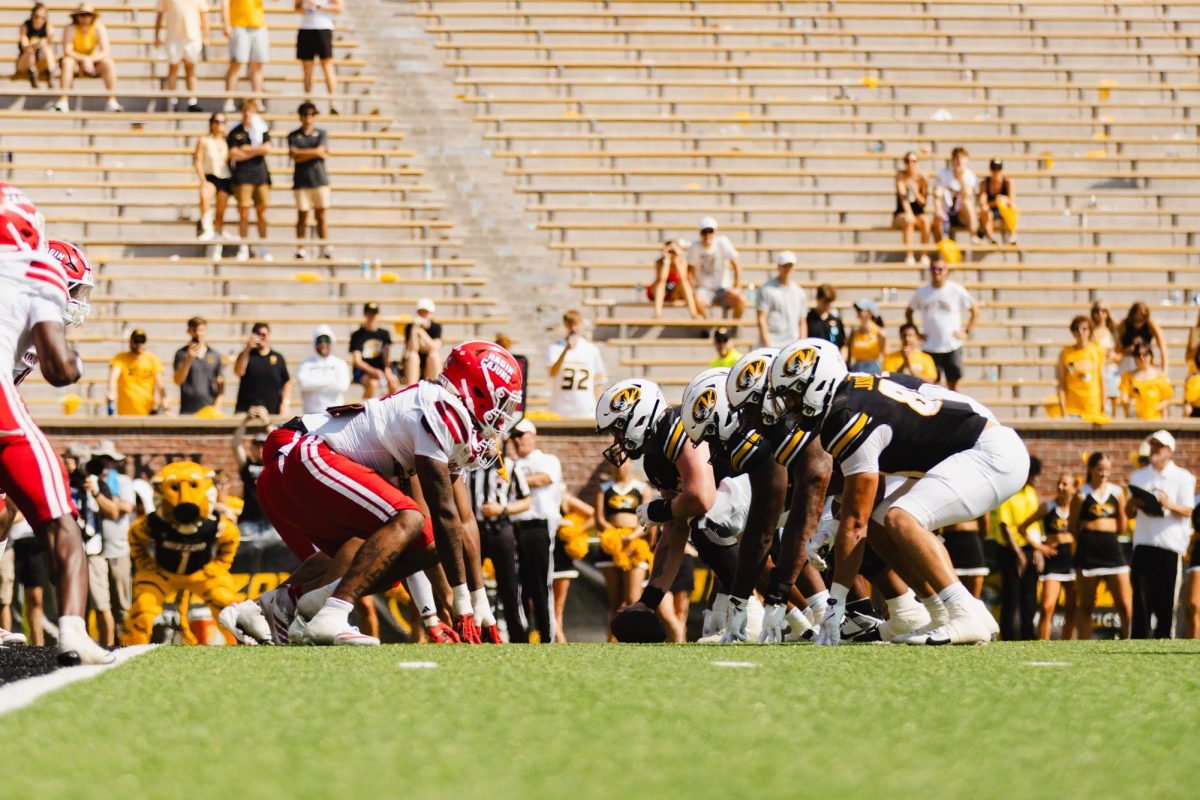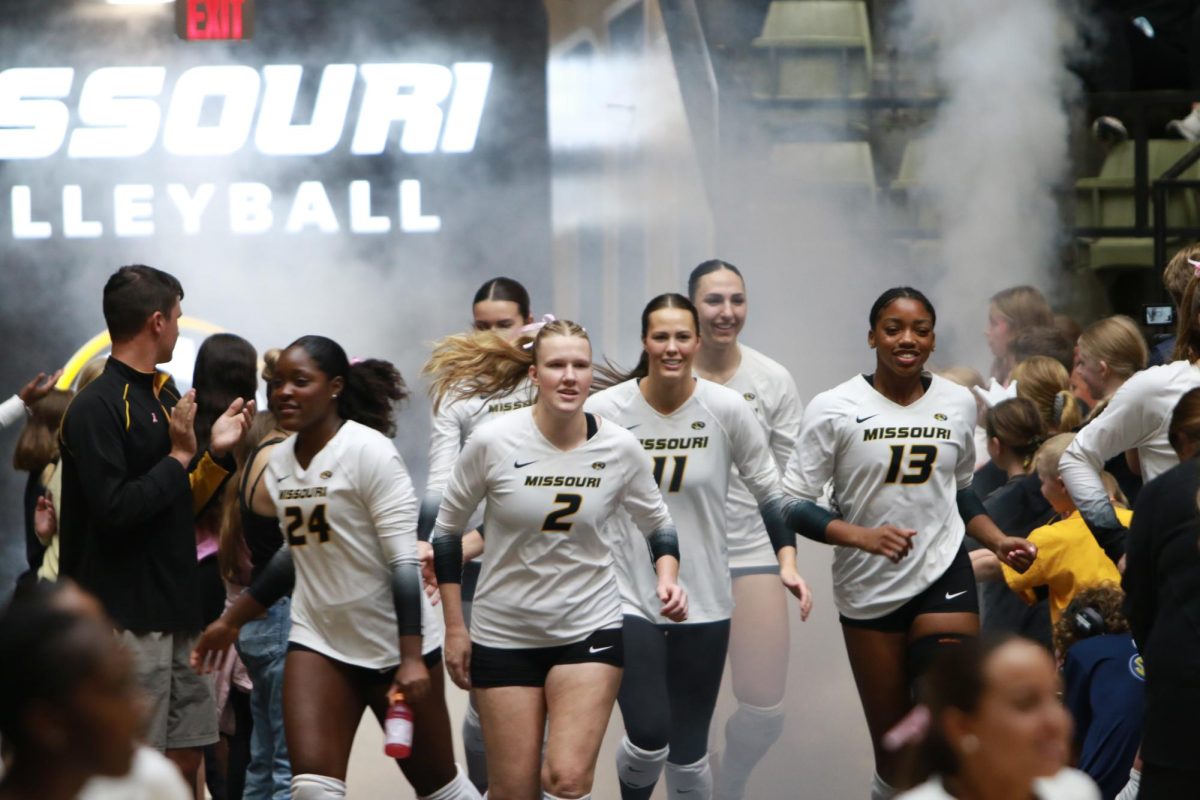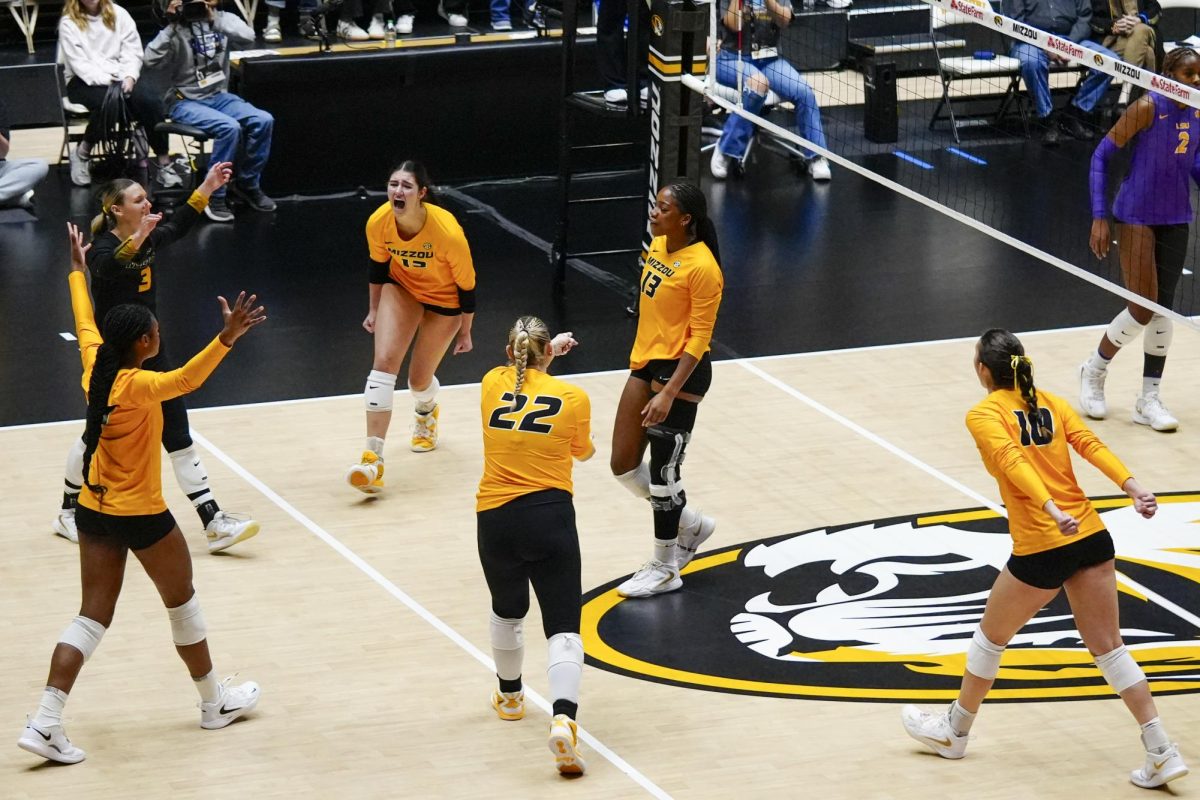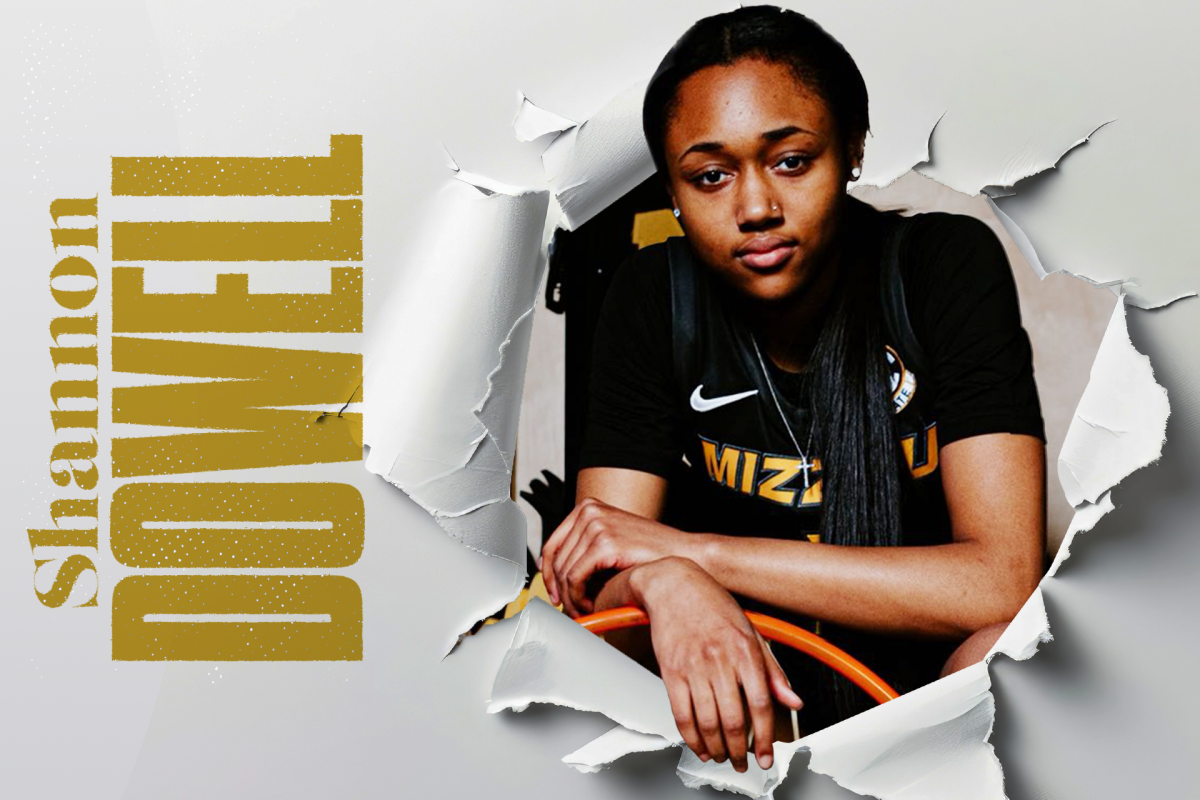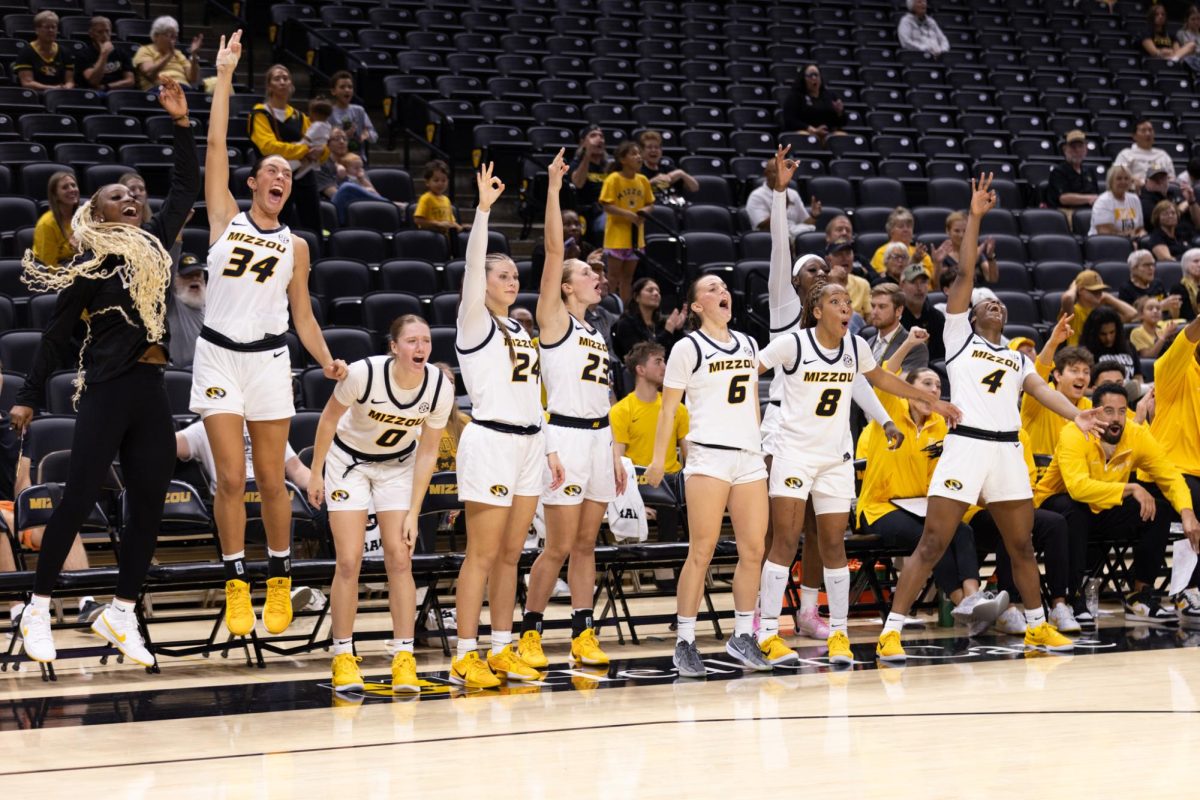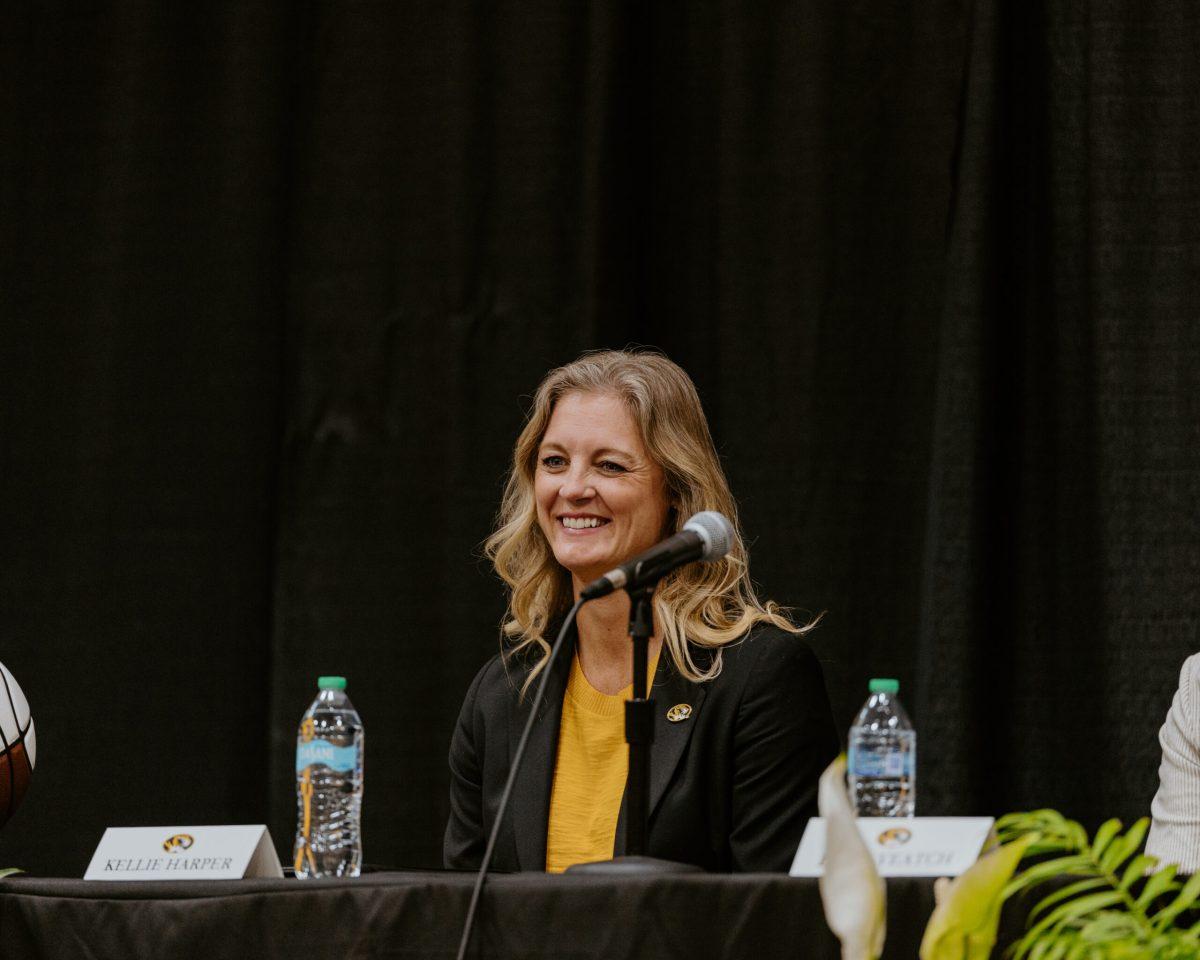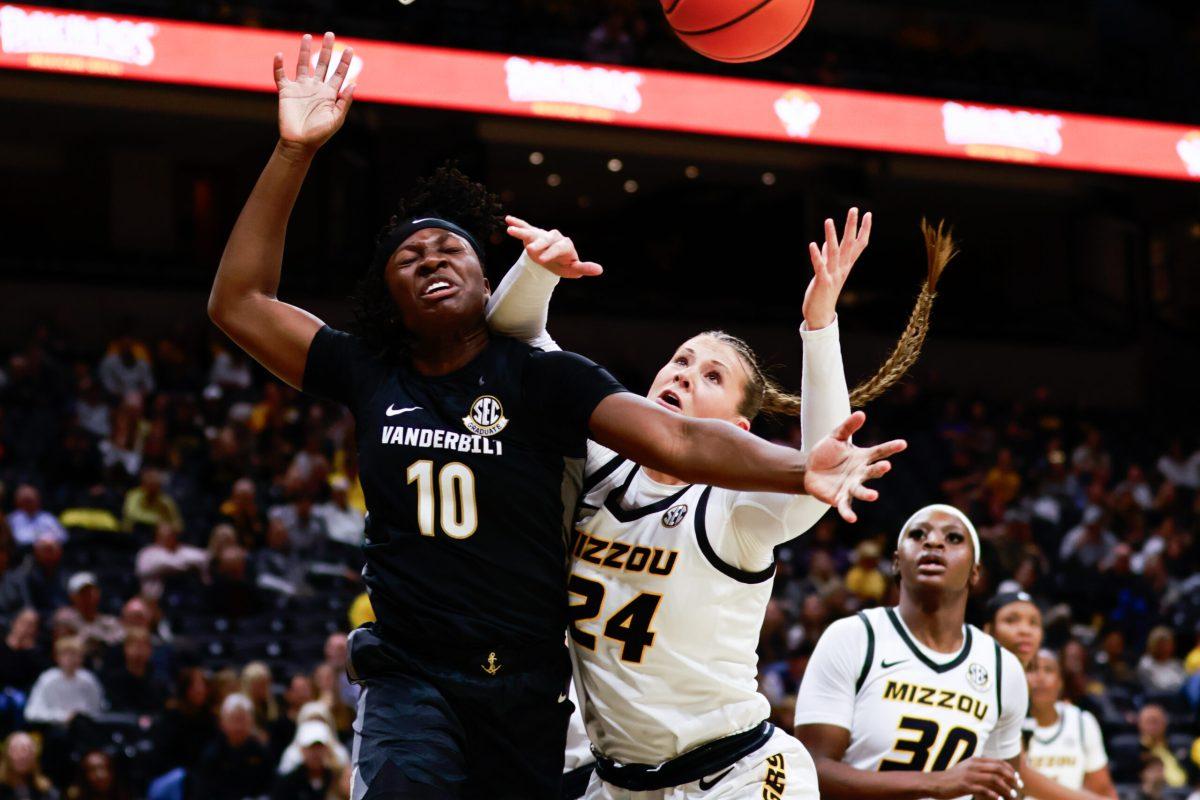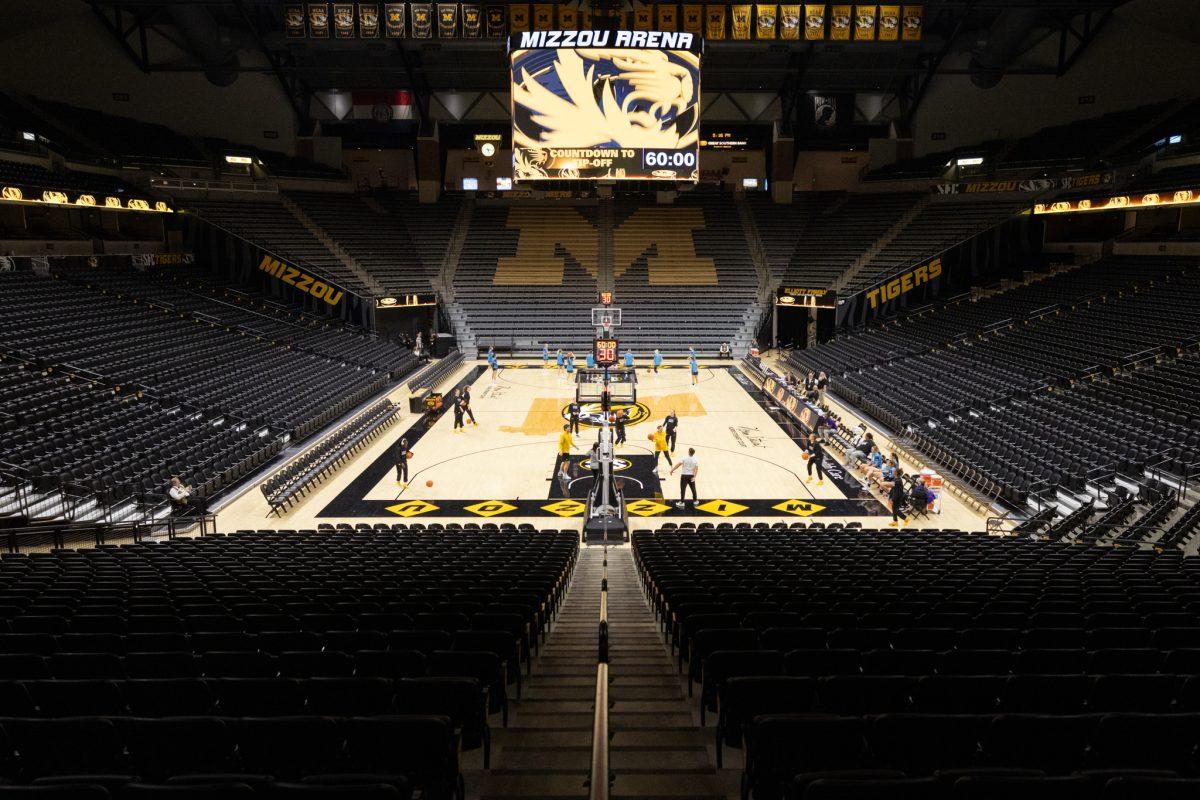Missouri and Tennessee came down to the wire again.
In front of a season-high crowd at Mizzou Arena, Missouri junior Jordan Chavis heaved a prayer from half-court to try and win the game for the Tigers. Jaws dropped as the shot banked in after leaving Chavis’ hands just a moment too late to beat the buzzer.
It was a painful 62-60 loss for Missouri, but amidst the disappointment, a new feeling may have been stirring inside the players and coaches of both teams.
Sunday’s game was the third straight between Missouri and Tennessee to be decided by four points or less. All three have involved dramatic finishes and high emotion on both sides. With Missouri’s emergence as a rising power in the SEC and Tennessee’s legacy of success in women’s basketball, one question had to be posed— are the Tigers and Lady Vols rivals?
“I think it’s great,” Tennessee coach Holly Warlick said. “It seems like everybody we play is a rivalry, but I think it’s healthy.”
Players and coaches from the two teams generally embraced the idea when asked about it after Sunday’s contest, but most saw it as more friendly and competitive than cutthroat and hostile.
“This is one of the games that we look forward to as a team, just because we know it’s going to be a competitive one,” Tennessee sophomore Rennia Davis said. “Every time we play each other it’s probably not going to be a blowout.”
The teams’ last meeting in January, a 66-64 Missouri win that was the Tigers’ first ever on the road against the Lady Vols, was marked by controversy that led to tension between the teams and fan bases.
Missouri senior Sophie Cunningham was penalized for dealing an elbow to the face of Davis while driving to the basket, and a Lady Vol assistant avoided shaking Cunningham’s hand after the game. Tiger senior Lauren Aldridge found herself in hot water as well when she appeared to clap at the Tennessee bench following an important turnover.
The incidents resulted in plenty of backlash against the entire Missouri team, which gave up social media for the season just a few days later. There were no signs of such hostility in Sunday’s affair.
“I’m just a competitor,” Cunningham said. “I don’t like any team, honestly. Everyone’s my biggest rivalry.”
Sunday was Missouri’s annual Pink Out home game in partnership with the Kay Yow Cancer Fund. The event, held each season in mid-February, typically draws larger, more enthusiastic crowds than a typical home game. This was exemplified last year, when the Tigers topped Tennessee 77-73 in front of a program-record 11,092 fans. Sunday was Missouri’s first loss in a Pink Out game since 2014.
“I like [the rivalry],” Tennessee sophomore Evina Westbrook said. “I think it’s great for the fans. It makes the overall game fun to play. The atmosphere is wild, so I think it’s great.”
Whatever the status of the possible rivalry may be, Missouri coach Robin Pingeton made clear her respect for Warlick and her program.
“Tennessee is a hell of a team,” Pingeton said. “Holly has done a great job of just helping them through the peaks and valleys of their season, staying the course, and they’re playing a lot better and more together than I think they were a month ago.”
As women’s basketball grows and develops as a sport, more and more schools across the country have the opportunity to build competitive programs. Warlick sees this trend as a possible engine behind a budding rivalry such as this one.
“This game is getting competitive,” Warlick said. “There’s parity, there’s better players around, there’s better coaches…Women’s basketball is getting exciting, and it’s a good thing.”
_Edited by Emily Leiker | [email protected]_


